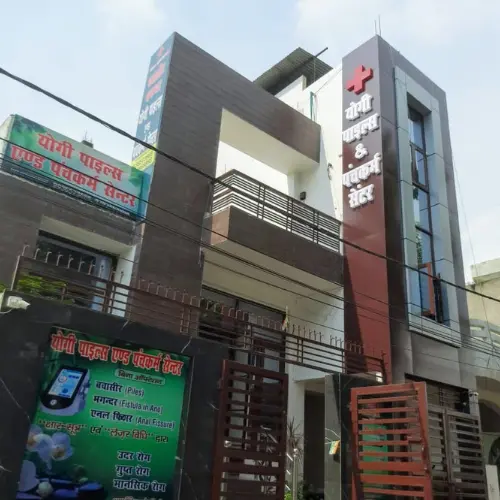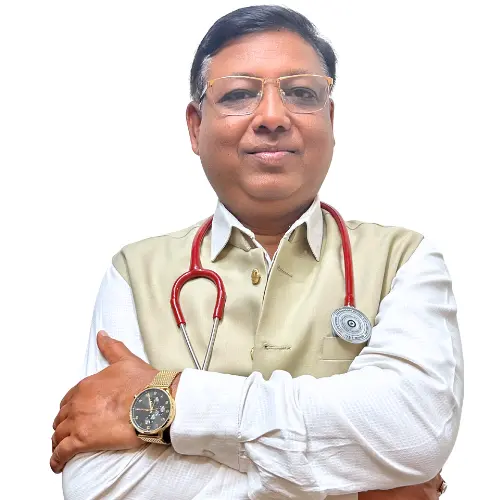Book a Free Consultation


Call Us Today for FREE Consultations
Book Your Free Consultation Today and Take the First Step Toward Pain-Free Healing!
Our Procedures
At Yogipiles & Panchkarma Center, we combine the ancient wisdom of Ayurveda with the precision of modern technology to offer safe, effective, and minimally invasive treatments for anorectal disorders. Every procedure is carefully selected based on the patient’s condition, lifestyle, and recovery goals.
Happy Stories

I was suffering from piles for over 3 years and tried many treatments with no lasting relief. Dr. R.N. Rathore’s combination of laser and Ayurvedic care finally gave me permanent relief. The procedure was painless and recovery was quick. Highly recommended!
